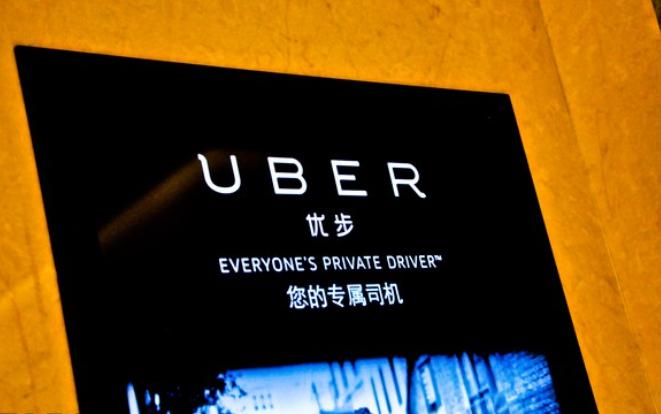How far can Uber succeed in China?
Traffic’s efficiency in big cities is a common problem around the world. Thus, Uber (Youbu in Chinese优步) took the lead in revolutionizing people’s transportation mode. As more and more people rush to cities in China, Uber also seized the moment to enter the Chinese market. Advanced technology and smart localization strategy help Uber rapidly open the market. Meanwhile, Uber China devotes great efforts to communicate with the Chinese government in order to develop their business smoothly. Although, Uber has a strong competitor DIDI Taxi, a local online transportation platform, but Uber has still great confidence in promoting its business in China. Here is an insight of Uber expansion in China market.
Advanced technology and localization help Uber to open the market

As the representative of “Sharing Economy” and “One-click service”, Uber China succeeded in opening the market since its first appearance in early 2014 because of its powerful data analysis technology and strategy of localization, both in product and management. Uber China has grabbed 35% of the market in less than 2 years and its service has spread into 21 cities. Orders completed in Chengdu during 5 months, 701 times compare to San Francisco.
Based on a strong team of computer science and data analysis, Uber enables to provide users with efficient and convenient taxi service. Just with several clicks on the Chinese mobile phone APP, passengers can take a taxi within 3-5 mins. Uber promised to decrease the waiting time to 15 minutes in the future with the help of advanced technology. This new step means that Uber driver will receive brain waves from passengers who want to call a taxi before they leave. As for Uber drivers, algorithms applied by APP can prevent them from detours to avoid economic loss. Moreover, Uber knows how to deploy least cars in a city to meet the demands most efficiently.
Learning the lesson from failures of Google and Ebay in China, Uber China doesn’t entirely copy the model in America and devoted itself in localizing the service as well as the management team. For mainland cities, it changes default map service into Baidu map (In Chinese: 百度), one of the biggest internet company in China. It simplifies the registration process for both passengers and drivers. It collaborates with China’s largest internet payment platform Alipay to improve user’s experience. It also takes advantage of popular social network platforms to promote its “sharing” idea. Moreover, Uber China employs local elites to manage the business of a city as they know their place best.
Good relationship with the government is crucial
Unlike other business in China, the government’s support is essential as it decide if the private car’s company with its taxi service is legal or not, which is the main service provided by Uber. Uber is boycotted in many countries and the promotion in China meet with the same obstacles. In early 2015, Uber’s branch office in Guangzhou was investigated while a few days later, Uber branch office in Chengdu also faced investigation. Therefore, senior executives pay much more attention when selling their idea in the “Sharing Economy” for the government in order to obtain their approval. Fortunately, their constant efforts get paid this year. Uber launched an “Oar boat” service on the west lake in Hangzhou which is supported by local government who also help to advertise this “One-click service” on the West Lake International Fair opening ceremony. In November 2015, the Daft of Comments published by the government brought a light to the development of private taxi. The government is considering to incorporate the online taxi service into the new retail trading management, which gives Uber a chance to expand their market in China.
DIDI Taxi is the biggest competitor
DIDI Taxi (In Chinese: 滴滴打车) is the major player in the market of taxi hailing service as it attracts 83% drivers and it covers multiple lines of business including taxi, private car service, ride, designated driving service and so on. The statistic shows that the overall volume of DIDI Taxi is 10 times larger than Uber China’s one. DIDI was established in 2012 in China and it has successfully got finance support from TECENT, ALIBABA and some other professional investment institutions that help the company with a great amount of money to subsidize users in order to decrease the cost of taxi fares. It is collaborating with Wechat Payment, which attracts a lot of new users within a short time because of its great convenience. After 3 years’ of development, DIDI has formed a large scale of users which exceeds from far away Uber’s user scale. Thus, high customer density enables drivers to receive orders at any time within a closer distance. As a comprehensive one-stop consumer transportation platform, DIDI taxi with its multiple business and local supports represent a great challenge for Uber China.
If you enjoy reading this article and would like to know more about China market, contact us!




